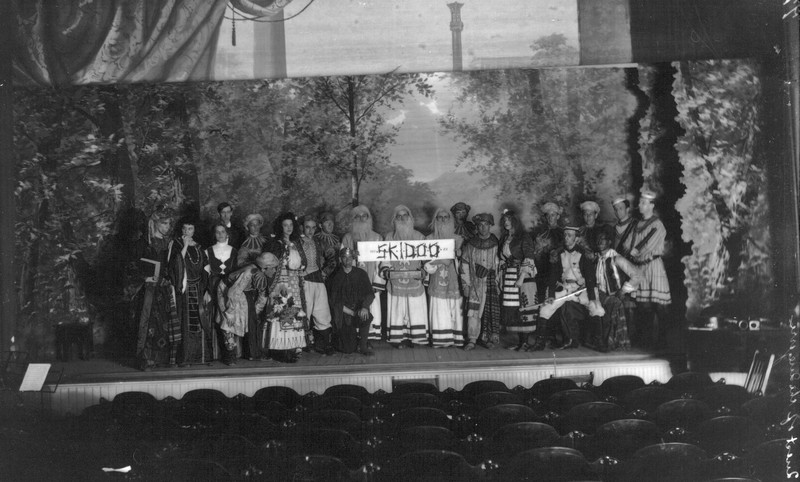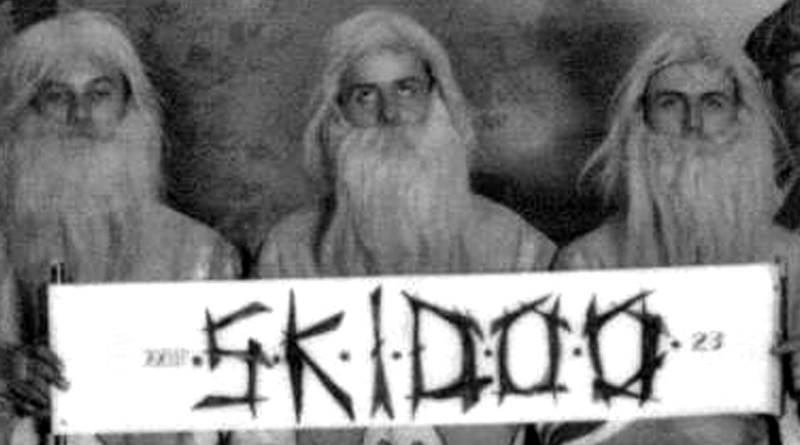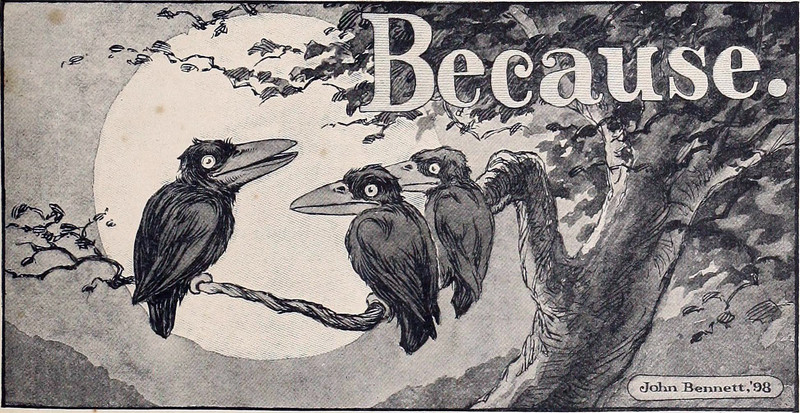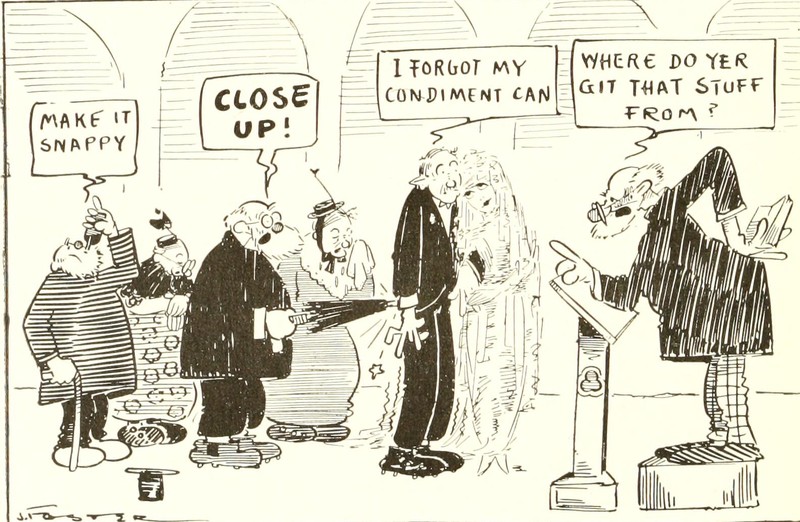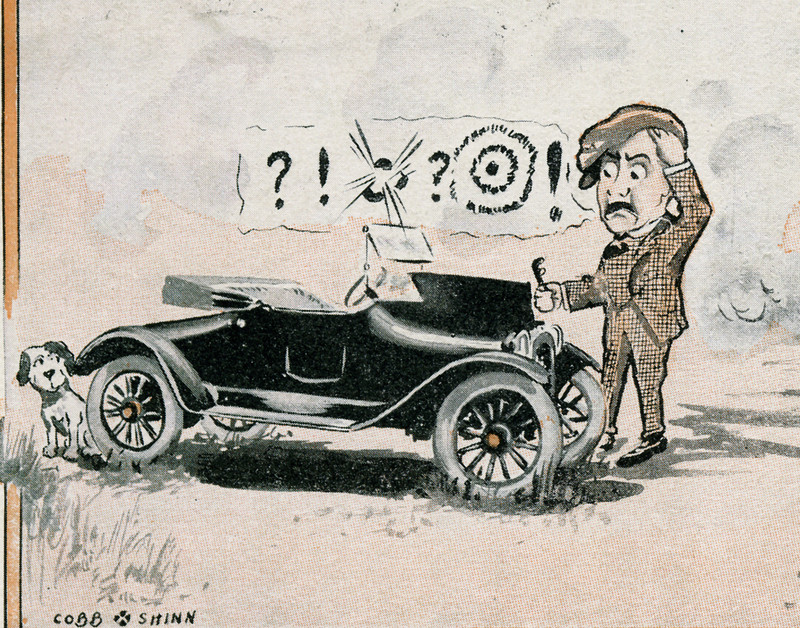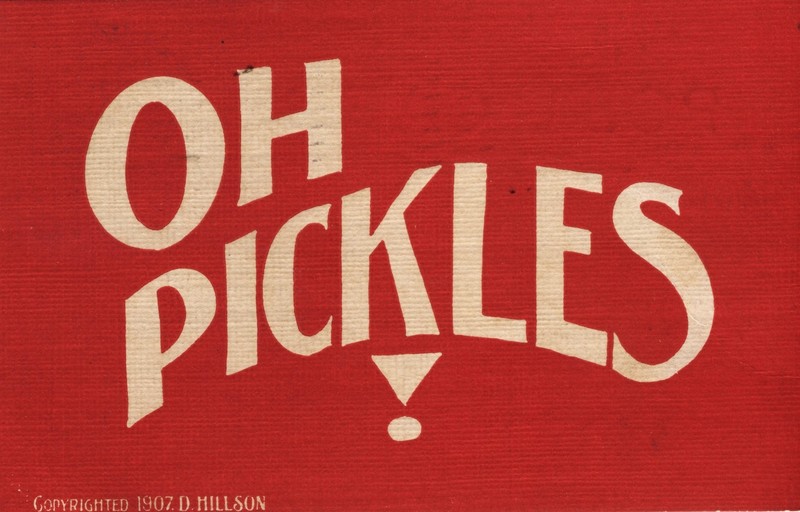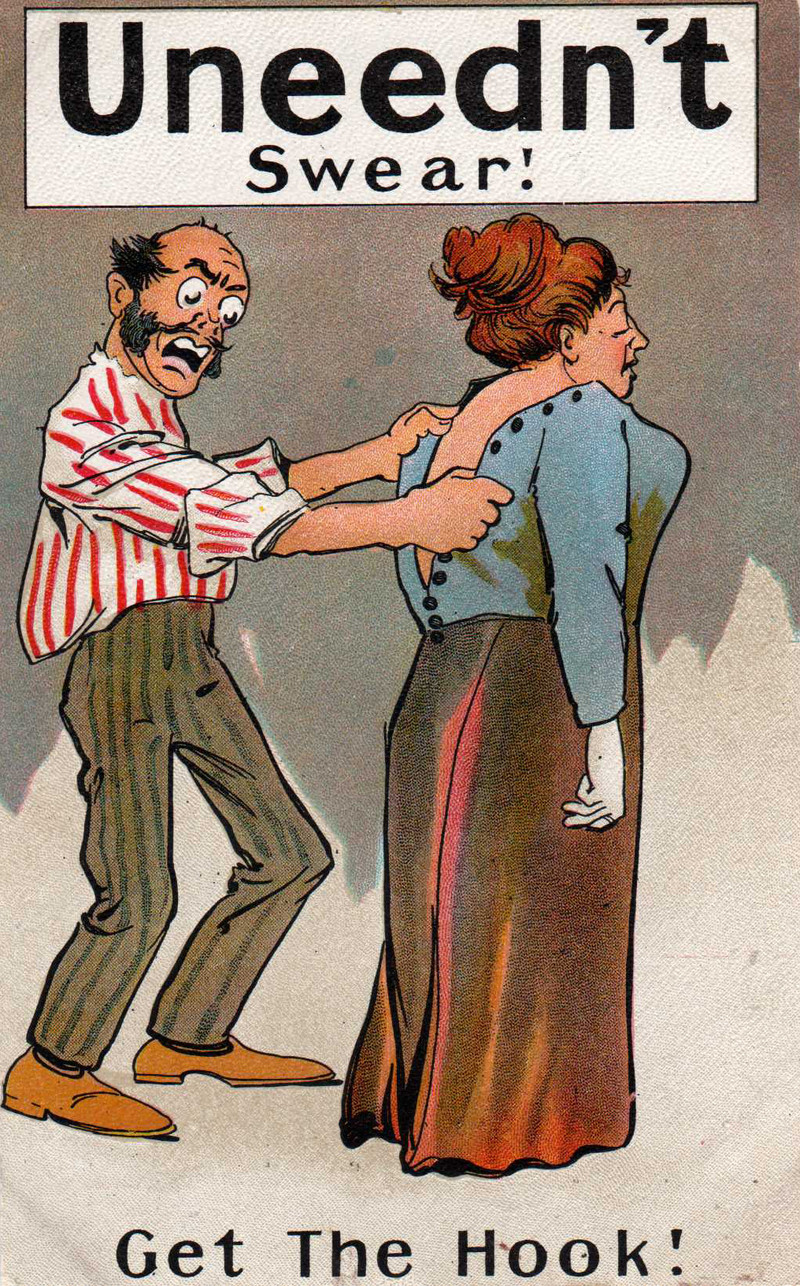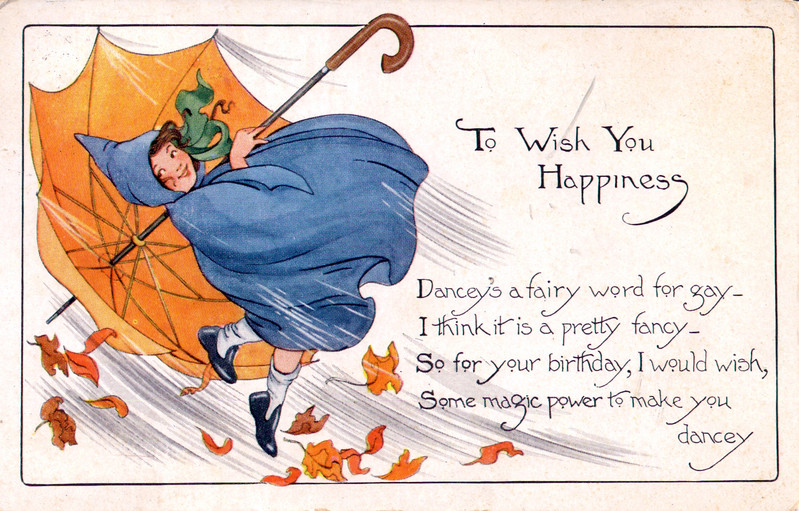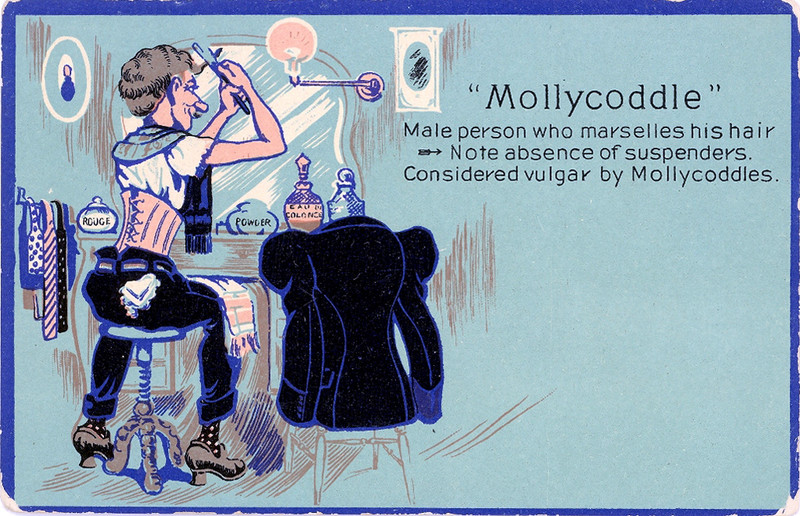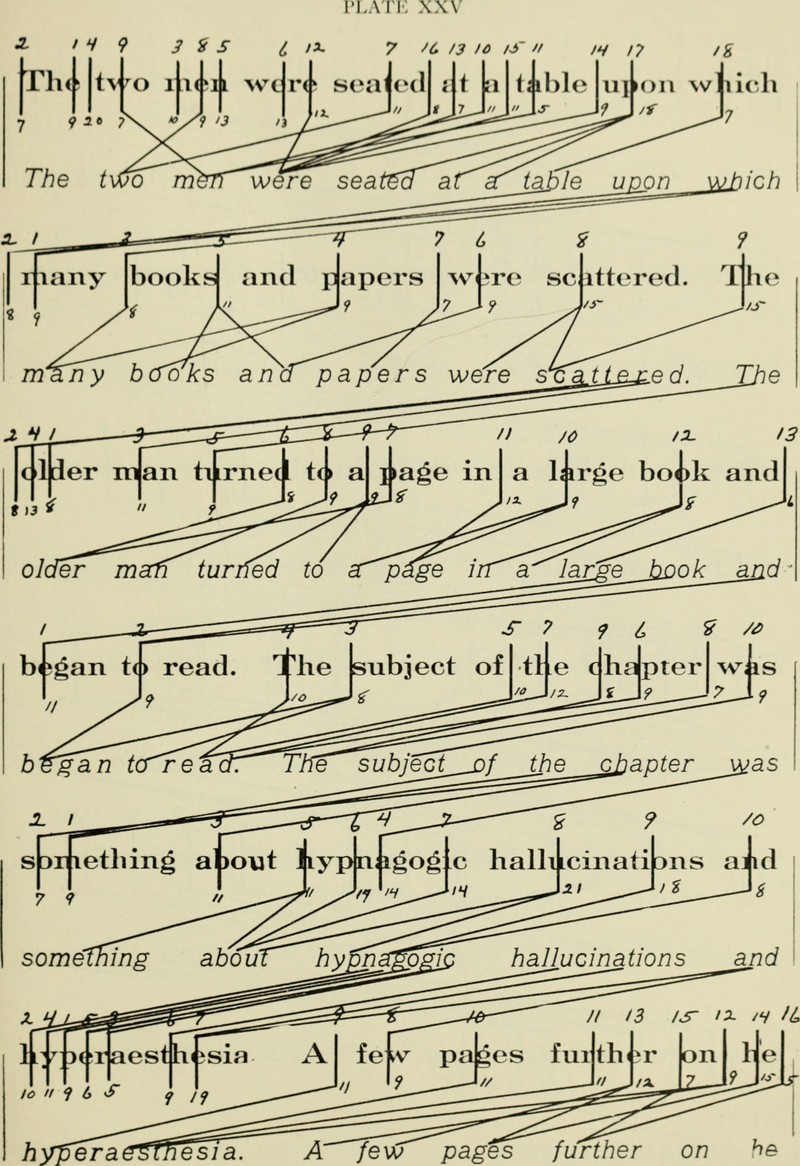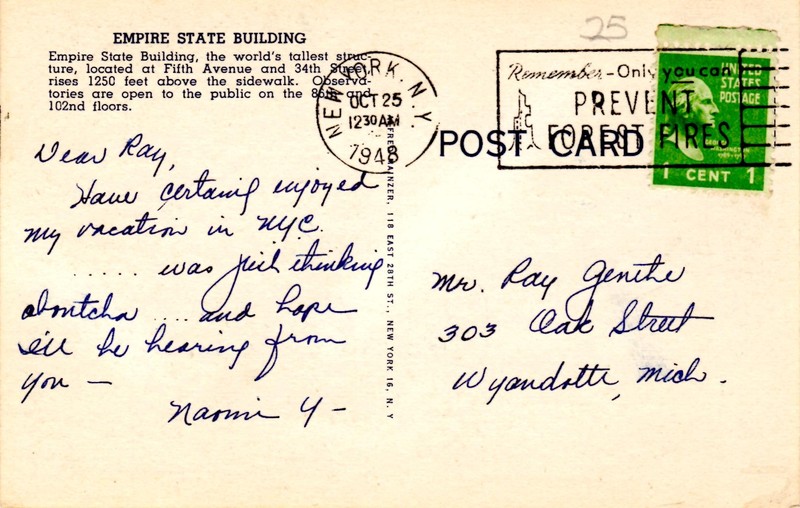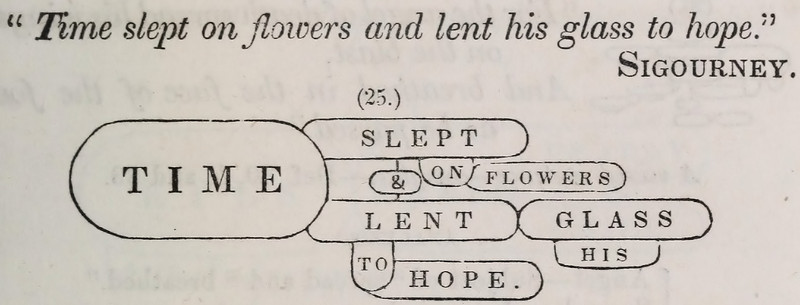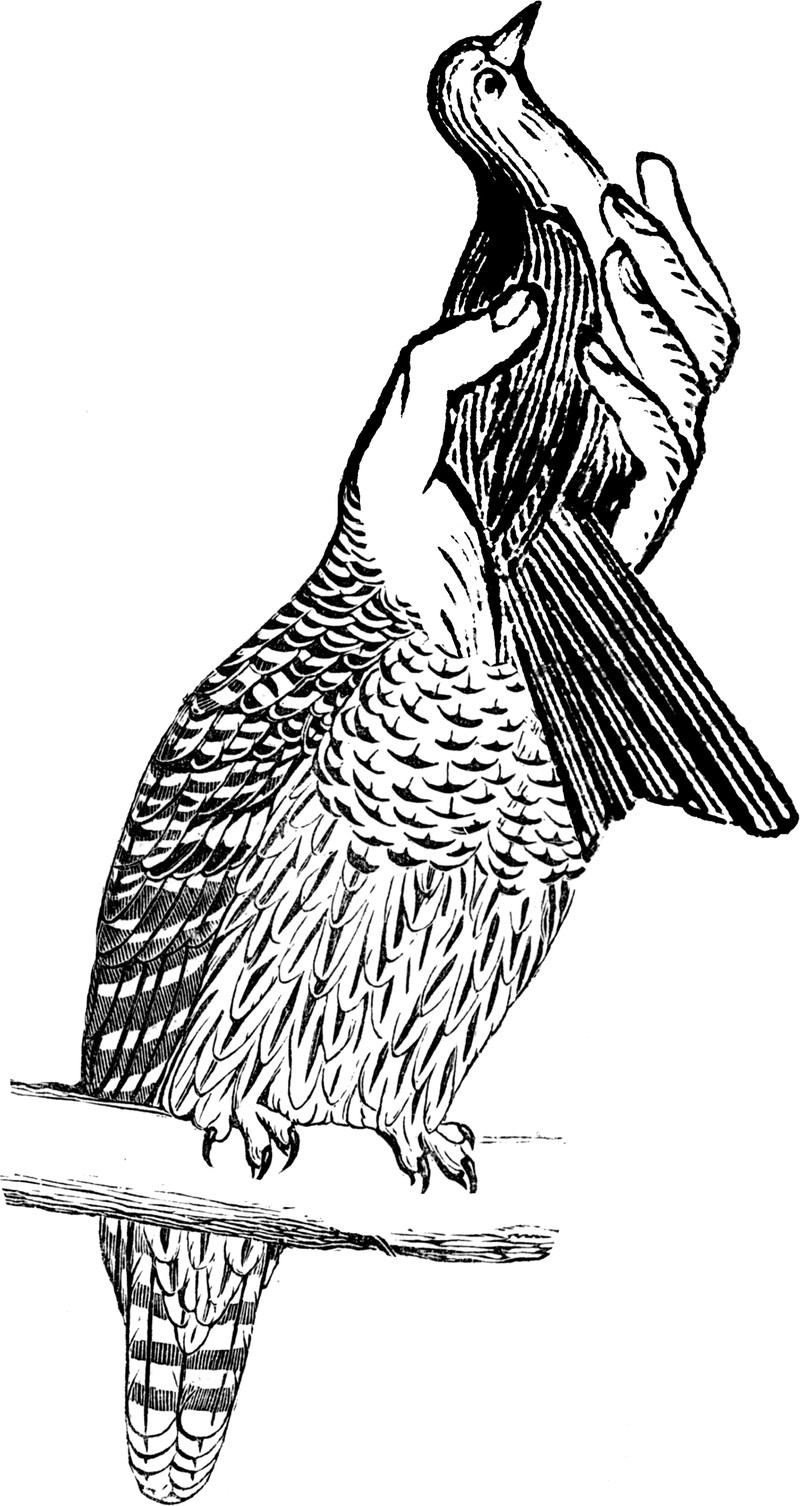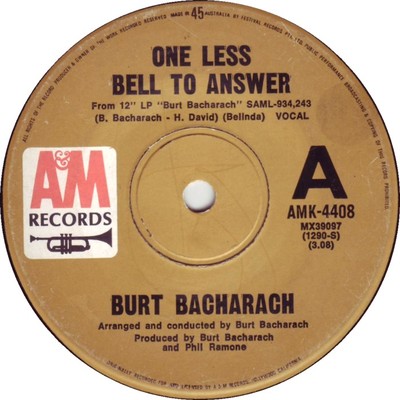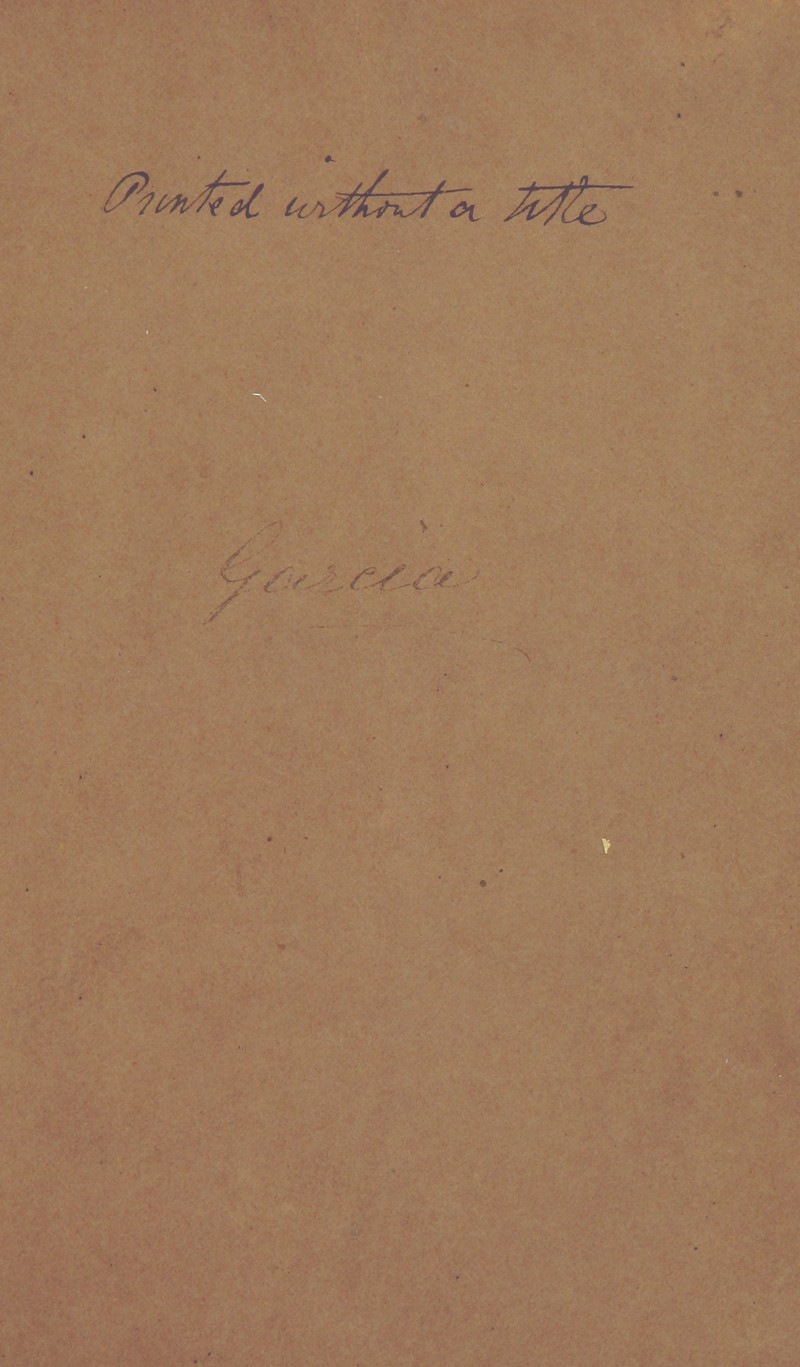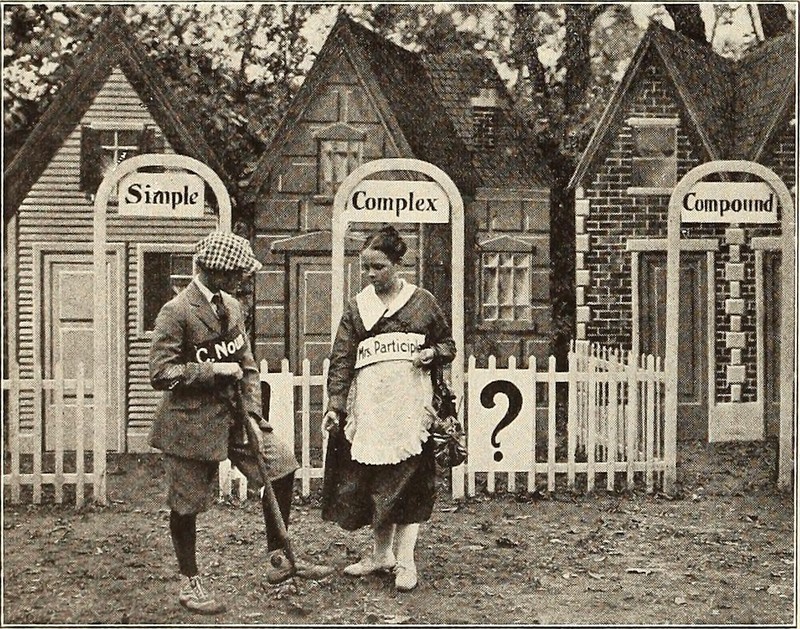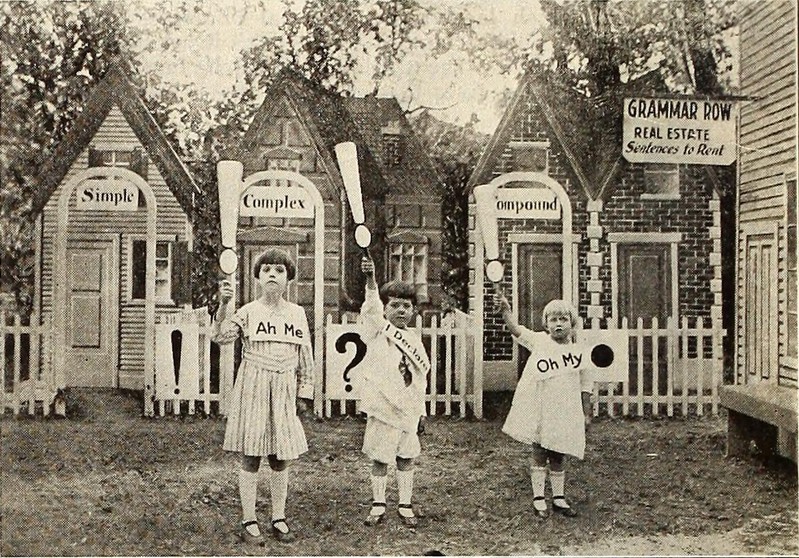|
|
 |
 |
 |
Here's "23 skidoo" being used very theatrically, in 1907. But is this phrase the product of a poverty-stricken mind? "The deadly thing about slang," as we learn in The Country Gentleman, "is this: A phrase, for instance, 'I should worry,' or a single word like 'skidoo,' is made to stand for a whole class of ideas, each idea finely discriminated from every other idea in the same general class. But 'skidoo' does universal service in its class where a clear thinker would use, according to the shade of meaning, retreat, retire, depart, decamp, disappear, vanish, scamper, leave, escape, flee, or a long list of phrases. The poverty-stricken mind in a blurred sort of way falls back on 'skidoo,' and when that word is worn to the very bone someone invents a new word or phrase like 'beat it,' and then the changes are rung on that ad nauseam. Slang paralyzes fine thought disciminations, and, of course, a person who is doing no sharp, clear thinking is not looking for standard words to express exact shades of meaning. Poverty-stricken in ideas, the slang user is soon bankrupt in the gift of expression" ("Slang—and Its Remedy," 1916).
|


 |
|
|
 |
 |
 |
Here's an alternative to "I do": "I forgot my condiment can." From the "C" Battery Book, 306th F. A., 77th Div., 1917-1919. Speaking of weddings, see our Collected Lost Meanings of Wedlock. Why lost meanings? The definition of “marriage” has become hotly debated of late, to the point that the word has become “increasingly unmentionable” (Catholic Herald) or even “has no meaning at all” (Family Policy Institute). It’s been said that only through loss can there be gain, that only through loss can we truly grow and understand what is at stake, that only through loss can that which is beautiful be found. As the poet Joseph August has noted, “Only through loss can we glimpse the deepest meanings, / hints and flashes whispered from below / elucted as from underwater, deep.” The collected lost meanings of wedlock might surprise even those who would otherwise be considered well-informed. It's the perfect gift for one’s betrothed, or for a wedding planner, or for anyone contemplating matrimony.
|








 |
|
|
 |
 |
 |
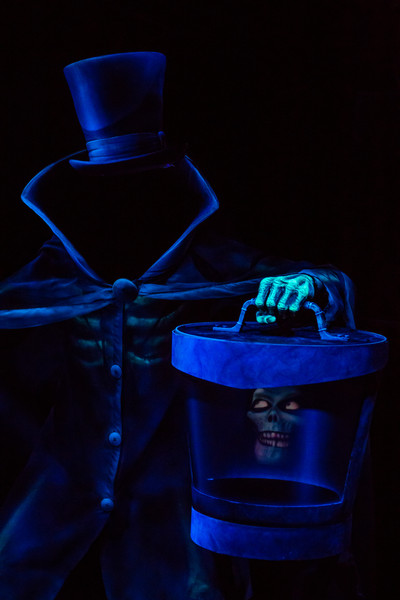
Illusions and Allusions:
Why the "Happy Haunts" Vocalize at Disneyland's Haunted Mansion
Before X. Atencio wrote the lyrics about "happy haunts" that "materialize and begin to vocalize," a happy haunt was customarily a frequented place, not a ghost. For example, "She loved to saunter through the happy haunts of childhood" (Amy Le Feuvre, "Not By Chance," The Quiver, 1906). Atencio wove his magic to transform a locational haunt's empty space into a ghostly sort of material. There is actually a literary tradition of pairing locational happy haunts with vocalizations. Such passages may have inspired Atencio's wording when he turned old haunts into old singing haunters. Five cases in point might suffice:
Our first example, a musical play, might have been in the possession of Disney's Cinderella team as reference/inspiration material. Morse & Robertson's Cinderella at School: A Musical Paraphrase in Two Acts (1881) features happy haunts alongside merry faces and light voices:
To our happy, happy haunts we go,
With our voices light and free;
And our merry, merry faces show,
That our hearts are ever filled with glee.
Similarly, in Mair Hydref's poem "Tell Me Not My Youth Is Over" (1883) we find "the happy haunts of childhood, / Where I gaily used to sing."
So, too, in The Carse of Stirling, An Elegy (1785): "the happy haunts of love and tranquility naturally lead the poetic mind to celebrate these beauties in song."
In Frances Sargent Osgood's poem "A Sermon" (1850), happy haunts are mentioned alongside woodland choirs. Other language in the poem recalls the Haunted Mansion, such as glistening smiles (if not technically grim grins), "wistful music," distorted faces, a "light-painted flower" (recalling fluorescent paints that glow in black light), and "marvellous mystery."
Finally, in Frederic William Louis Butterfield's The Battle of Maldon: And Other Renderings from the Anglo-Saxon (1900), we find happy haunts in conjunction with music, a graveyard, and the grim grinning liminality of gay laughter shifting to a dirge. (By the way, the reference to the Muses recalls the homage to the Haunted Mansion in Disney's Hercules, in which the Muses appear as singing busts.)
Poetry, Music, Eloquence,
O let your sorrow speak!
Let sister Muses weeping come;
Let all the graveyard seek:
Of happy haunts since you're deprived,
No more can blissful Hippocrene,
No more Castalian spring,
A rippled laughter gayly trill;
Instead, a dirge they sing—
Sad, tearful flow!—and joys of Earth fade
unrevived.
It was innovative for Atencio to distill a locational haunt into ectoplasm, even as associating haunts with vocalizations kept with time-honored tradition. Atencio's frame of reference enriched both his allusions and the Mansion's illusions.
[Note: for a great analysis of Atencio's song, see Long-Forgotten's post entitled "When the Spooks Have a Midnight Jamboree."]
|





 |
|
|
 |
 |
 |
In the Nippon Television series Death Note ( デスノート), we are treated to some Western-style names out of an alternate universe. (We've retainied the equal signs between the first and last names): Ryan=Zapwack
Knick=Macburden
Nicholas=Nethernburg
Henneth=Belle
Mark=Dwellton
Beth=Skulmere
Frederick=Marsmore
Gabrielle=Foughman
Thomas=Denorold
Loyd=Jr. Foughman
Arrie=Wheelwood
Ariel=Feithston
Raye=Penber
In the manga version of the story, the names are a bit different: Toors Denote, Haley Belle, Lian Zapack, Arire Weekwood, Ale Funderrem, Freddi Guntair, Knick Staek, Bess Sekllet, Frigde Copen, Girela Sevenster, Raye Penber, and Nikola Nasberg.
|


 |
|
|
 |
 |
 |
You've heard of the "less is more" philosophy, but in the song about "one less bell to answer, one less egg to fry, one less man to pick up after," less is fewer.
|



Page 47 of 74

> Older Entries...

Original Content Copyright © 2025 by Craig Conley. All rights reserved.
|



